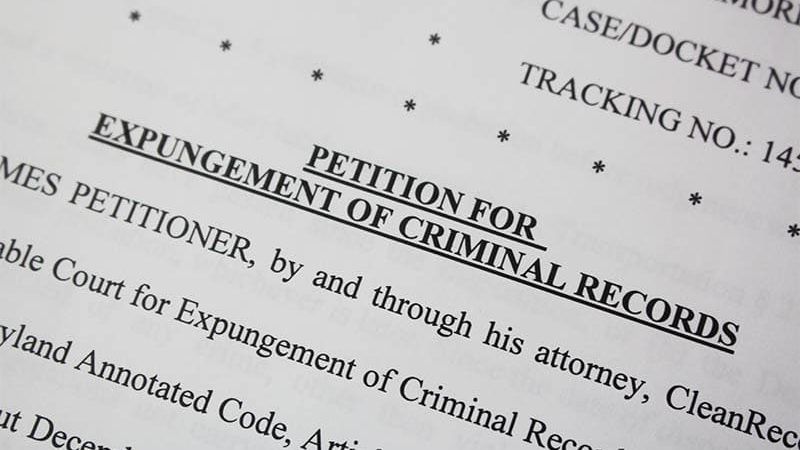A diversion is an agreement with the prosecutor in which the prosecutor agrees to dismiss your case if you complete certain requirements. The requirements usually include paying a diversion fee and court costs, obtaining an alcohol evaluation and following the evaluator’s recommendations, and not committing any other crimes. If you comply with the requirements for the duration of your diversion period, your DUI case will be dismissed. Your criminal record will reflect an arrest and diversion, but not a conviction. You may truthfully say that you were not convicted of a crime.
Diversion is not allowed if you were involved in an injury accident, if you have a commercial driver’s license, or if you have previously been convicted of DUI or granted diversion. In addition, most jurisdictions have policies that prohibit diversion under other circumstances.
There are down sides to diversion agreements. One is that you must agree that you are guilty. If you violate the terms of the diversion agreement, this admission will be used against you and you will be convicted of the original charges. Another drawback arises if you face DUI charges again. In a subsequent DUI case, the diversion will count as a prior conviction and you will be charged with a second DUI.
Even if you can apply for diversion on your own, you should consider hiring a DUI attorney to review the case against you, discuss possible defenses and the likelihood of winning, and explain the risks and benefits of a diversion.
Schedule an appointment with a DUI Defense Team attorney to review your options.













